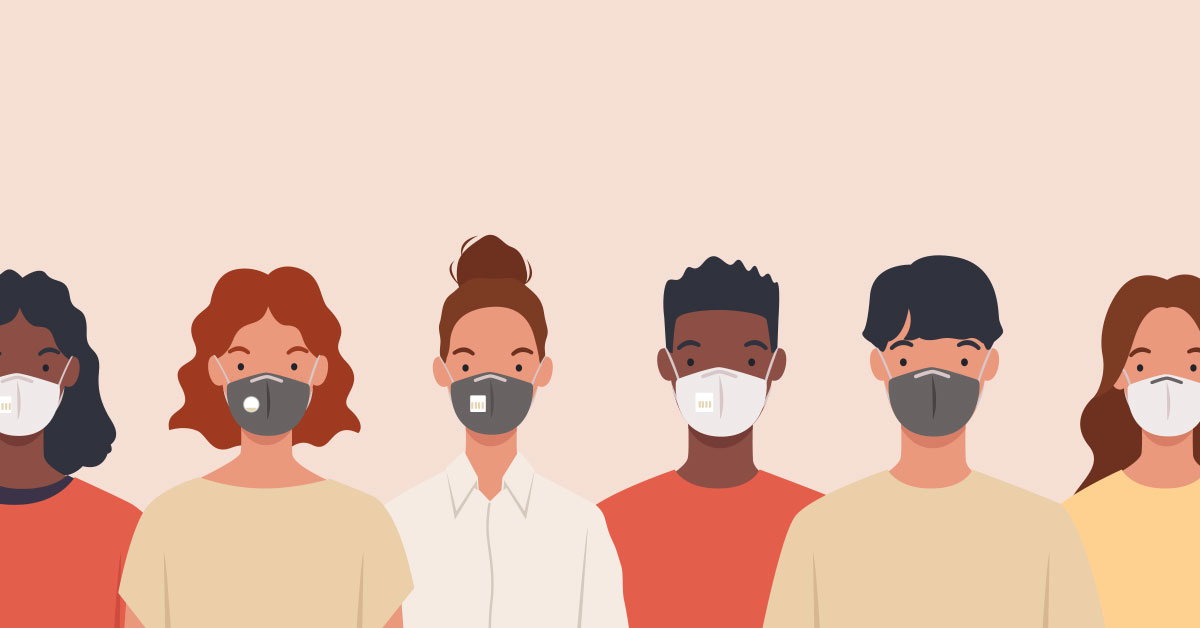 Q: If someone in our community has been diagnosed with the virus, can we send out his or her name so that people know to be careful?
Q: If someone in our community has been diagnosed with the virus, can we send out his or her name so that people know to be careful?
A: We are in uncharted waters and there is no one size fits all answer. In my opinion, for example in a high-rise condominium building, there is adequate reason to disclose. On the other hand, the answer may be different in a single-family subdivision, depending on the configurations of common areas.
Although the standing opinion in the legal community appears to be that HIPAA will not usually apply, as a general matter I do not recommend using names or other personal identifying information, not to say that there may not be exceptions to that rule. The housing statutes generally shield owner medical records from the purview of official records that can be inspected, evincing an intent to keep these records confidential.
Also, you do not want to dissuade owners from reporting for fear of embarrassment or shunning. I have seen where owners have requested that their names be given out, and it is probably acceptable in those cases, though I recommend a written disclosure agreement with the affected owner.
As a practical matter, the Florida Department of Health advises me that all COVID-19 diagnoses are reported to the agency, and the agency is obligated to conduct a “contact investigation” to determine who the infected person has interacted with and follow up with such persons.
These are unprecedented times and the stakes are big. Do not rely on newsletters, blogs or other “free” legal advice (including this column). If there is a reported case in your community, bring your association’s attorney into the picture. Under the rule of law known as the “Business Judgment Rule,” directors can be insulated against liability claims if they rely on the advice of legal counsel retained by the board in making decisions.
Q: Are we legally obligated to close our association swimming pool?
A: As of the date of my deadline to submit this column, no. However, these rules have been changing by the day, and sometimes by the hour. Again, your counsel should be up to speed on the current state of the law, and the Governor’s Emergency Orders in general “have the force of law.”
It is also important that you not only consider Orders from the Governor, but also Emergency Orders from your county of residence and the municipality of the property in which the community is located. Here again, the rules have changed by the day.
Just because you are not legally obligated to take an action does not mean it is not a good idea to do so. Not to sound like a broken record but talk to your attorney. I also recommend involving your insurance advisor in making risk management decisions and understanding the type of coverages you may have (or not have) under various scenarios.
Q: Are our on-site manager and maintenance employees considered “essential” workers?
A: In general, yes.
Governor Ron DeSantis issued Emergency Order 20-90 on April 1, 2020. Orders of this nature have been alternatively referred to as Lockdown Orders,” “Stay at Home Orders” and “Shelter in Place Orders.” Most states have enacted such orders.
Order 20-90 defines “essential services” to include “property management, maintenance, and related services.” However, in addition to management of your community’s property, the association also needs to consider its role as an employer. I recommend that counsel conversant in labor and employment law be consulted when addressing your policies regarding your employees. Again, your insurance advisor should be part of this team and to the extent applicable, your management company and employee benefits company.